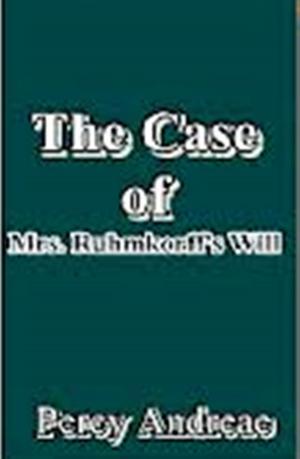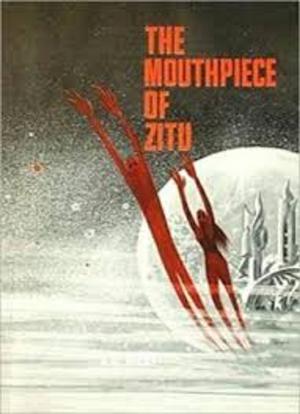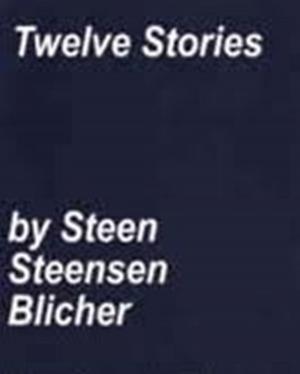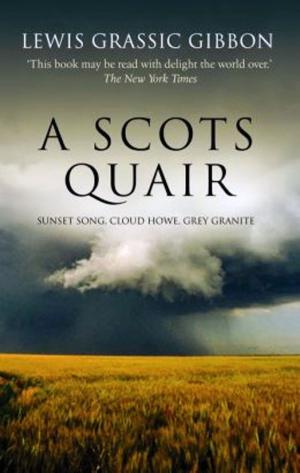| Author: | John Arthur Barry | ISBN: | 1230000140219 |
| Publisher: | WDS Publishing | Publication: | June 8, 2013 |
| Imprint: | Language: | English |
| Author: | John Arthur Barry |
| ISBN: | 1230000140219 |
| Publisher: | WDS Publishing |
| Publication: | June 8, 2013 |
| Imprint: | |
| Language: | English |
There are in Sydney Harbor hundreds of bays also hundreds of miles of foreshore. There are lovely sequestered bays where wooded heights slope abruptly down to the rock-margined water, and where all day long you will hear no sound save the sudden jumping of fish and the metallic song of cicadas. Other bays there are, too, where all day long, and, as often as not, all night long there is never silence, either on water or on foreshore; where the clank of machinery, the din of iron hammers upon iron plates, the roar of escaping steam, and the voices of the workers afloat and ashore seem never to cease. Some day, a century or so hence, the quiet bays and foreshores around the lower reaches of the harbor, as well as those nearer the city, will, perhaps, also resound with the insistent voices of the arts and crafts; and ships from oversea drawing through the Heads will at once find themselves surrounded by docks and factories and flaring furnaces and the incessant clangor that ever arises where industry has superseded nature. Those days to come, however, need not concern as overmuch. Just now I am going to tell you of one of the busy bays and its crowded foreshores, and attempt to describe something of the varied evershifting panorama that condemns its waters to perpetual restlessness, its margin to be ever streaked with flame and smoke, and to echo with the loud callings of its people, leading laborious lives of hardy toil, rising even to sun and stars. To the poet I leave those others nooks and caves and sandy beaches and wattie-clad acclivities, mirrored in the blue and limpid sea that laves their bases.
There are in Sydney Harbor hundreds of bays also hundreds of miles of foreshore. There are lovely sequestered bays where wooded heights slope abruptly down to the rock-margined water, and where all day long you will hear no sound save the sudden jumping of fish and the metallic song of cicadas. Other bays there are, too, where all day long, and, as often as not, all night long there is never silence, either on water or on foreshore; where the clank of machinery, the din of iron hammers upon iron plates, the roar of escaping steam, and the voices of the workers afloat and ashore seem never to cease. Some day, a century or so hence, the quiet bays and foreshores around the lower reaches of the harbor, as well as those nearer the city, will, perhaps, also resound with the insistent voices of the arts and crafts; and ships from oversea drawing through the Heads will at once find themselves surrounded by docks and factories and flaring furnaces and the incessant clangor that ever arises where industry has superseded nature. Those days to come, however, need not concern as overmuch. Just now I am going to tell you of one of the busy bays and its crowded foreshores, and attempt to describe something of the varied evershifting panorama that condemns its waters to perpetual restlessness, its margin to be ever streaked with flame and smoke, and to echo with the loud callings of its people, leading laborious lives of hardy toil, rising even to sun and stars. To the poet I leave those others nooks and caves and sandy beaches and wattie-clad acclivities, mirrored in the blue and limpid sea that laves their bases.















